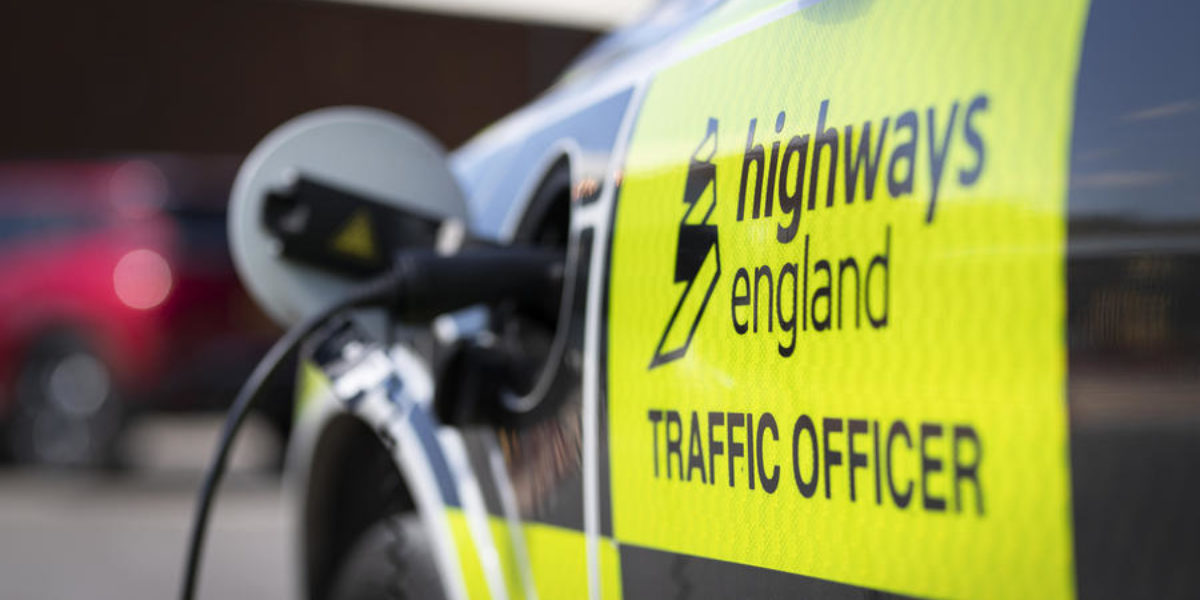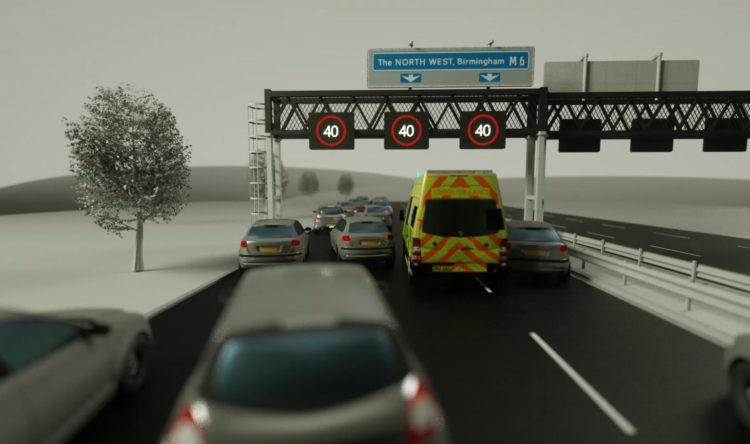National Highways needs to get smarter
Annual report calls for better planning for and, delivery of, safety and maintenance targets
The Office of Rail and Road (ORR) has raised concerns over smart motorways. In particular, the time it takes National Highways traffic officers to reach stranded vehicles.
ORR’s annual assessment says 2020 safety target to reduce the number of people killed and seriously injured on the SRN were delivered. However, this was during the pandemics lower traffic levels. Now that traffic levels are returning to normal, there appears to be much more to do. This is especially when considering the company’s demanding 2040 ‘zero harm’ goal to eliminate deaths and serious injuries on its network.
ORR has requested a robust plan from National Highways setting out how it will achieve this.
Emergency response
National Highways has continued to deliver the government’s smart motorways action plan, largely to time. But during this period there has been a halt to new smart motorway delivery and concerns raised about their safety. Grant Shapps initiated a full inquiry into the claimed safety issues.
However, ORR believes National Highways is failing to improve the sped a which Highways Officers attend incidents.
At the time of publication, the company was still short of achieving its targets.
“We’ve had some concerns over the company’s ability to achieve its target of a 10-minute response for traffic officers on certain sections of smart motorways. It must continue to focus on reducing its response times on these sections of motorway.
“The environment is an important area of the company’s work for users and non-users of the network. National Highways does not currently have a robust plan for delivering its biodiversity targets; it must produce one so that swift action can be taken to ensure this target is achieved by 2025.
“We also want the company to improve the way it evidences how it is making asset management decisions. This is crucial for securing long-term best value for taxpayers and road users.”
Need for more
ORR also called for more evidence of what it is doing to improve how it manages and upgrades assets on the road network. The company is currently achieving targets for the five-year funding period ending in 2025.
However, looking longer-term, there is a lack of sufficient evidence appropriate planning. The renewals work it delivers must be targeted at the right asset at the right time in its lifecycle. This will ensure best value and safety for taxpayers and users of the network.
Getting smarter
ORR’s report also found that National Highways’ performance against its environmental targets is varied. In 2021-22 the company responded well to new challenges. It made good progress with its corporate carbon, noise, and air quality targets, but current plans are likely to miss biodiversity targets. ORR has requested a robust plan to achieve its 2025 target of no net loss in biodiversity.
While the report acknowledges the delivery 2021-22 enhancement commitments, there is more to do. This means continuing to develop and improve how it prepares for and manages its enhancements project planning applications. There is also a need to understand the full implications of the January 2022 pause on all new smart motorway construction.






